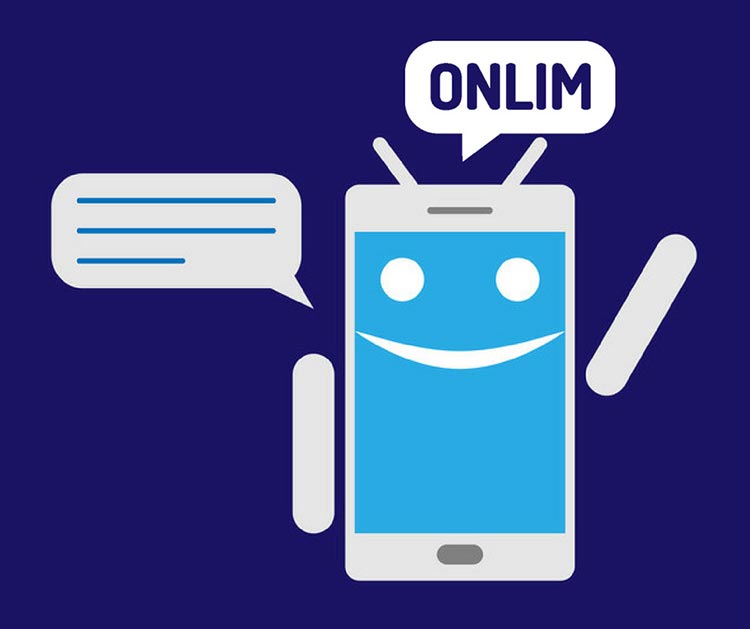The AI Act and its impact on the use of chatbots
With the growing prevalence of chatbots, important questions arise regarding their regulation and ethics. In this article, we will look at what the AI Act means for the use of chatbots. The AI Act is an important milestone in the regulation of artificial intelligence in the European Union.
It foresees to classify AI systems into different risk classes and to regulate them accordingly. This classification is based on a risk-based approach that takes into account the dependency on the subject areas used and the design of the AI systems.
AI Act as a risk-based approach
A central point of the AI Act is the classification of AI systems according to their risk potential. This takes into account the extent to which an AI system interferes with people’s daily lives and the potential dangers associated with it.

This classification is done in four main categories:
- unacceptable
- high-risk
- limited risk
- minimal risk
Chatbots as applications with limited risk
For chatbots, the “limited risk” category is particularly relevant. This means that chatbots are generally classified as limited risk applications. This has some important implications for chatbot operators.

Transparency and labelling obligations
One of the central requirements of the AI Act is the creation of transparency in dealing with AI systems. In the case of chatbots, this means that it must be clear to users that they are talking to a bot and not a human. This is to ensure that users understand the nature of the interaction and can respond appropriately.
Possibility to cancel dialogue
Another important aspect is that users must be able to cancel interactions with a chatbot. This is an important safeguard to ensure that users remain in control of the interaction.

Uniform obligation for all market participants
It is important to note that the regulation of the AI Act affects all market participants who use chatbots. This means that companies and organisations will be uniformly required to design their chatbots in a transparent and ethical manner. This serves to ensure that chatbots are used in a way that is fair to users and does not pose unnecessary risks.

Conclusion
Overall, it can be said that the AI Act is an important development for the use of chatbots. It creates clear rules and standards that ensure chatbots are transparent and ethical. This is crucial to increase user trust in this technology while minimising potential risks. Companies that use chatbots should therefore take a close look at the regulations of the AI Act and ensure that their chatbots comply with the requirements.
What are Large Language Models (LLMs)?
March 18th, 2024|
What are chatbots and how do they work?
November 23rd, 2023|
The AI Act and its impact on the use of chatbots
October 27th, 2023|


